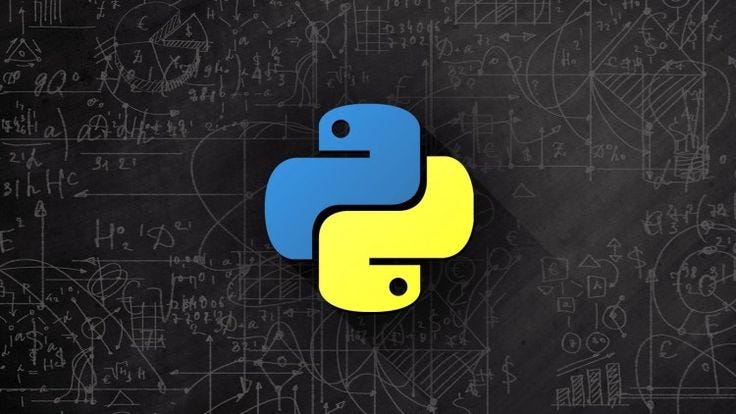
Unprecedented Bidding War Erupts Over Anysphere, Creator of Popular AI Coding Assistant Cursor
Technology News
Zaker Adham
09 November 2024
09 October 2024
|
Zaker Adham
Summary
Summary
The long-awaited release of Python 3.13 has finally arrived, bringing some exciting features that will enhance the developer experience. One of the standout improvements is the new interactive shell, which streamlines development tasks. Additionally, for the first time, developers can deactivate the Global Interpreter Lock (GIL), allowing multithreaded applications to operate more efficiently.

Though the release was slightly delayed due to performance issues with certain workloads, the extra time has resulted in a more refined version of Python, which is ready to boost productivity for developers worldwide.
Python 3.13 introduces a significantly improved Read Eval Print Loop (REPL), evolving from the PyPy project. It’s designed to make coding more intuitive by allowing developers to:
The REPL also features color syntax highlighting for both prompts and tracebacks, providing a clearer coding environment. In addition, essential functions like help and exit are now built-in commands, making interaction more user-friendly.
After much anticipation, Python 3.13 introduces an experimental mode that allows developers to disable the Global Interpreter Lock (GIL). For years, the GIL ensured thread safety by limiting Python to execute only one thread at a time, but it also restricted the full potential of modern multi-core processors.
Python's new free-threaded mode enables multithreading without the GIL, marking a significant step forward for performance in multi-threaded applications. However, this mode is still experimental, and users may encounter bugs or reduced single-threaded performance.
To deactivate the GIL, users can set the environment variable PYTHON_GIL or use the command line parameter -X gil=0. Binaries supporting this mode are available for Windows and macOS.
Image placement suggestion: A diagram showing the GIL's threading model vs. the new free-threaded mode would be useful here to visualize the performance improvement.
Another experimental feature in Python 3.13 is its Just-in-Time (JIT) Compiler. Unlike compiled languages like C++ or Rust, Python is typically an interpreted language, meaning it converts source code into bytecode that runs in real-time.
With the introduction of the JIT compiler, Python aims to improve execution speed by compiling the code into machine code at runtime. While still in its early stages, this could lead to significant performance improvements in future versions.
Python 3.13 also brings updates to its platform support, marking some key milestones:
More updates, including adjustments to the locals() function, can be explored in the Python documentation.

Technology News
Zaker Adham
09 November 2024

Technology News
Zaker Adham
09 November 2024

Technology News
Zaker Adham
09 November 2024

Technology News
Zaker Adham
07 November 2024